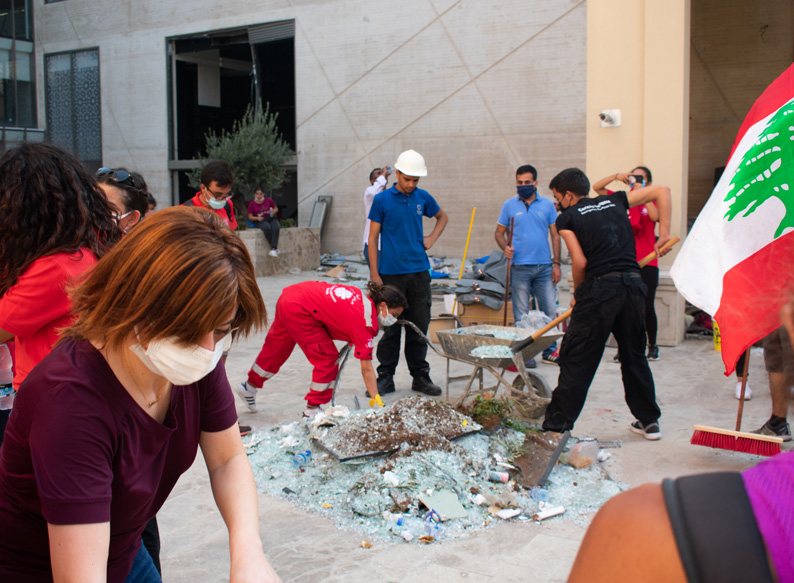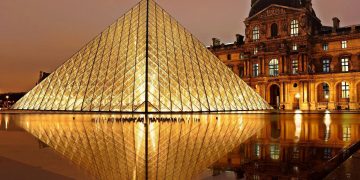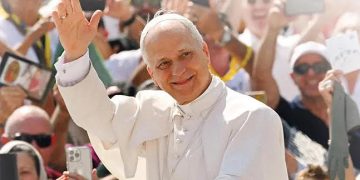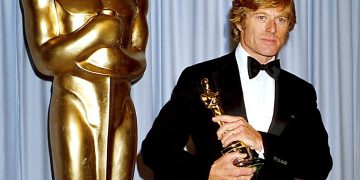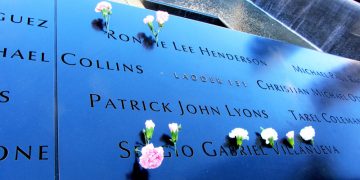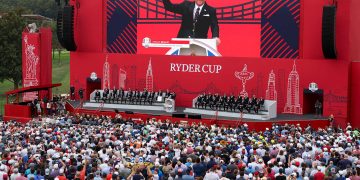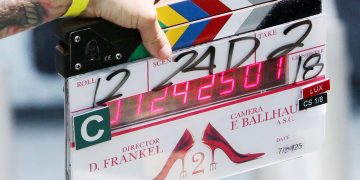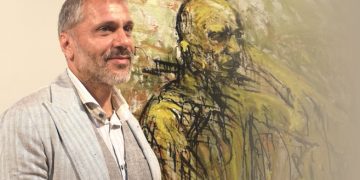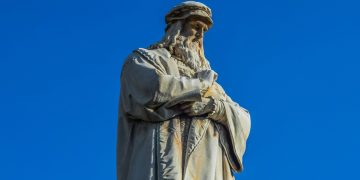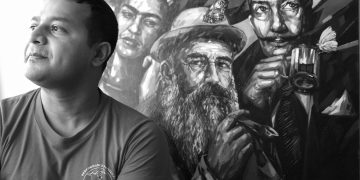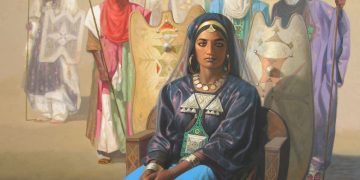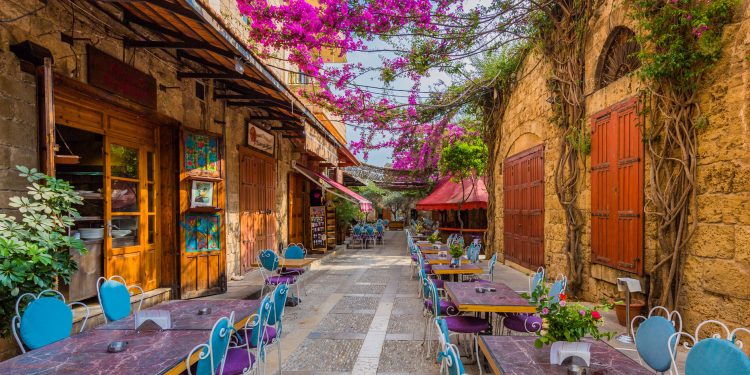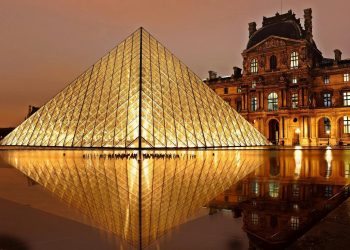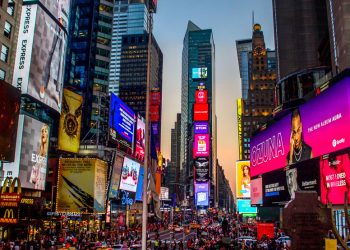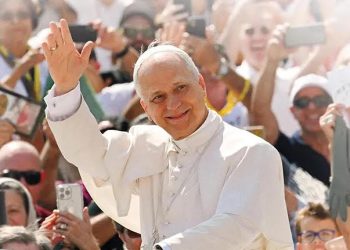At the beginning it was only a dream, but by believing in it, persevering and multiplying the attempts, Lebanese Arab cinema was born. It was indeed necessary to dream, but above all to nurture great ambitions to launch this 7th art in a country under foreign protectorate and experiencing innumerable development difficulties.
This project or the idea of producing cinematographic works in this small Middle Eastern country germinated in the 1930s. At the time, many individual actions were undertaken to inaugurate this little-known art in the region, they all failed. Because of an unfavorable context due to the world conflict of 1939 – 1945.
We therefore had to wait for the end of this great war to come back and relaunch, once again, Arab cinema through the gateway to Lebanon, a country that breathed art in all its facets.
Indeed, the country of the cedar was the most able to launch the 7th art, given its rich history and its millennial civilization. The country of the Phoenicians can therefore only succeed in its work and give birth to the best artists of the Arab world of the time in the field of cinema and music as well as in literature and poetry.
Lebanon is well on its way to being the torchbearer of an Arab region fallen by the vicissitudes of history. Moreover, it has become, in the field of the arts, the flagship country from which Arab culture will henceforth shine.
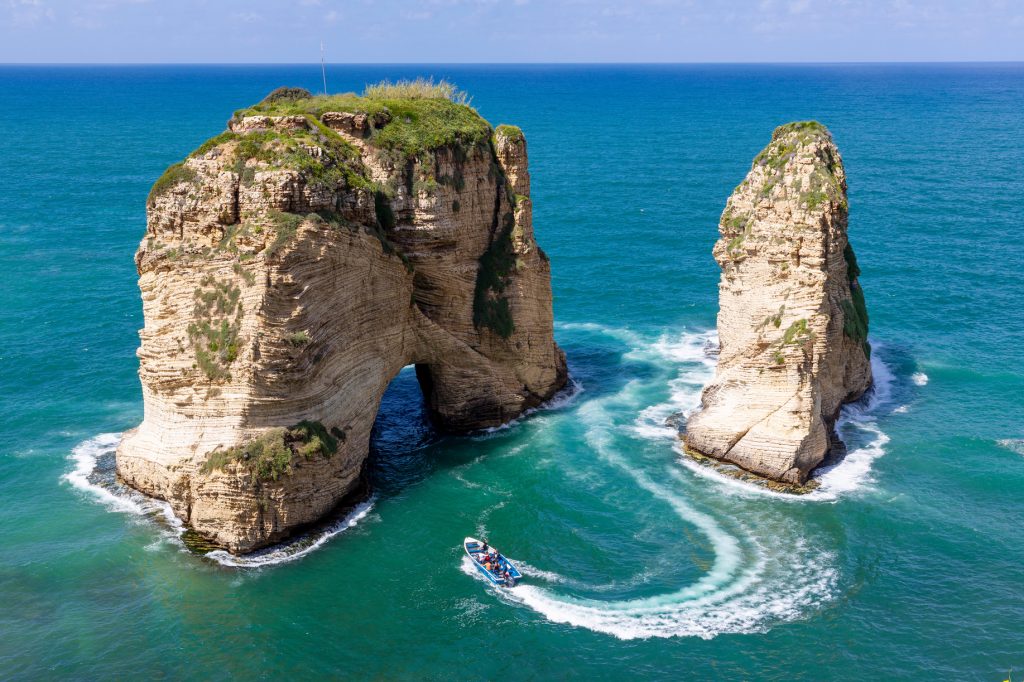
The first beginnings of cultural renewal took place in Kafr Shima, where artist Melhem Barakat showcased his talents to win over audiences visibly thirsty for art and music. He was very young when he began to compose and sing, which did not fail to arouse the interest of the Lebanese press of the time. It was the beginning of the career of a great artist who is considered today as the precursor, even the symbol of Lebanese art and authentic oriental music.
Along with this singer who amused entire generations for years, another creator was making his way onto the Lebanese artistic scene. This is Marcel Khalifé who excelled with his tender and fresh voice. This other Lebanese music artist, however, stands out with a committed theme that he puts at the service of the Palestinian cause. He mobilized everything he had as assets to defend this long oppressed people: text, melody and voice, to such an extent that he became, at the time, the icon of the Palestinian resistance.
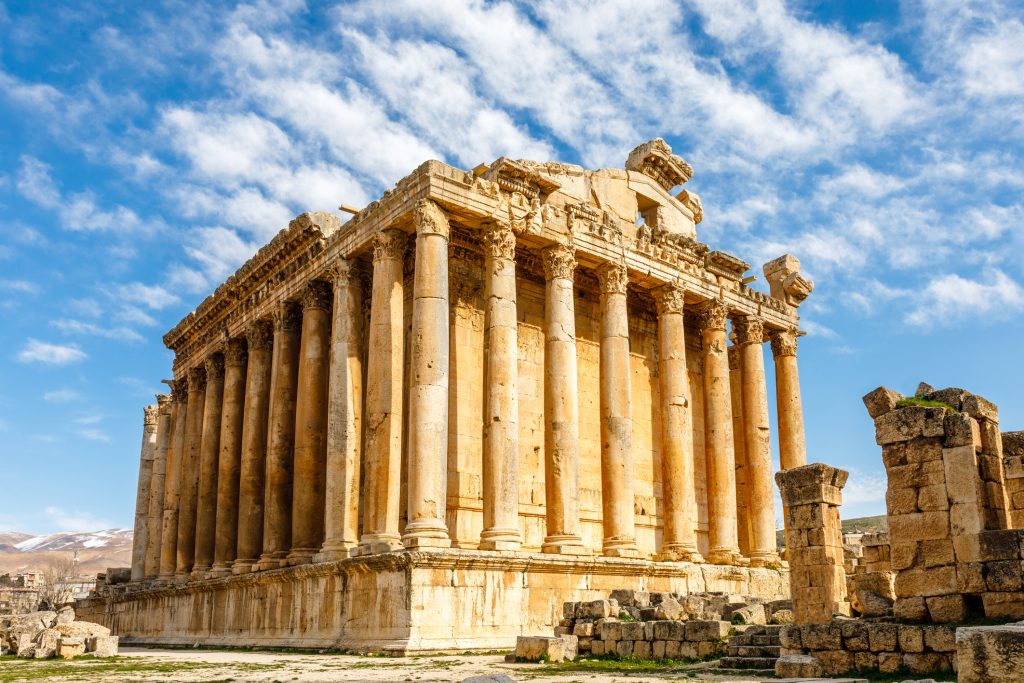
But Lebanese memory cannot forget, moreover, the other monster of Arab song and music, the indestructible Wadih Al-Safi. This singer with a rich musical repertoire has defied even human nature by refusing to grow old despite the weight of age. Throughout his long career, this outstanding artist has managed to preserve this owerful youthful voice, nicknamed «the voice of Lebanon». He also knew how to combine the most beautiful texts with a haunting melody to make them eternal works that are hummed, until today, in every home in the Arab world. Although he is dead today, his songs have survived him as they are often heard and repeated by posterity.
But the voice is not, we discover, necessary only in the field of music, it is just as important in other arts such as cinema, theater, television series, radio broadcasts … etc. Abdel Majid Majzoub, the great actor of the 70s and 80s, has succeeded elsewhere in the world of cinema thanks in part to his melodious voice. Of course,
the actor has other artistic qualities that have allowed him to become a star of Arab cinema, but it must be said that the singularity of his voice has also contributed to conquer the hearts of millions of fans both in Lebanon and in the Arab world.
The success of the Lebanese song is associated, according to many musical art critics, with the genius and creativity of the «Rahbani» who have contributed so much to the staging of many Lebanese stars.
This artistic family known in Lebanon as «The Rahbani Brothers» took care of everything: the compositions, the orchestrations, and even the lyrics. Their work is prolific and their contribution to the success of oriental song could not be more considerable.
In fact, it was them who discovered and launched the diva of Arabic song, Fairuz in this case.
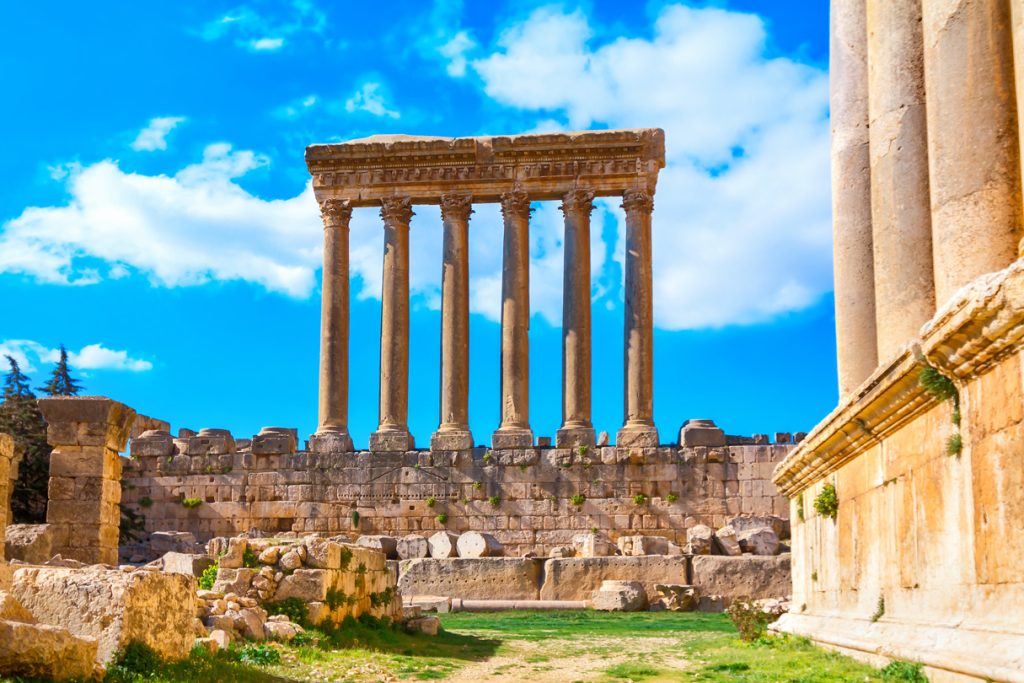
This famous artist is with Oum Koulthoum the one who has sold the most records in the history of Arab music. She sang love, homeland, Palestine, Arab nationalism. She has more than 800 songs to her credit today, which she has performed with the Rahbani brothers.
Fairuz has traveled the world. She has indeed sung in many countries, which has earned her the adulation of a large audience and honored, on several occasions, by many political leaders. The latest honor was a medal of merit awarded to her by French President Manuel Macron on the occasion of his visit to Lebanon following the Beirut port tragedy.
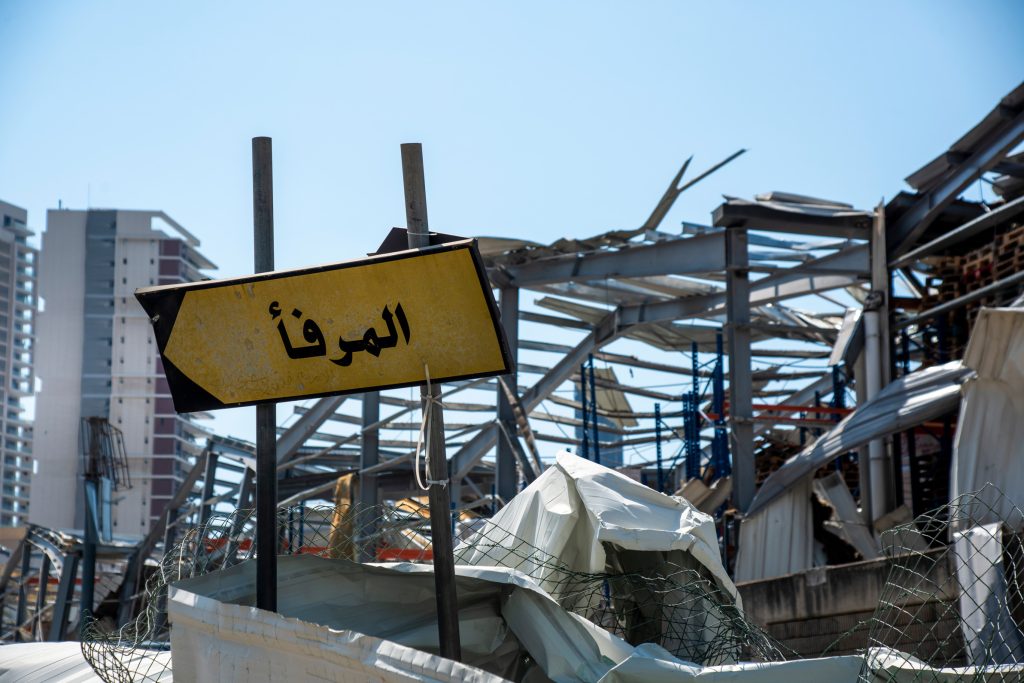
This tragedy which mourned Beirut on August 4, 2020, it should be remembered, dozens of deaths and hundreds of injured. Initial reports indicate that it was an explosion in a stockpile of aluminum nitrate located in one of the port areas of the capital.
The explosion was so powerful that it transformed, in a few moments, the city of art and happiness into a pile of rubble, so much that it felt like a scene of war or apocalypse.
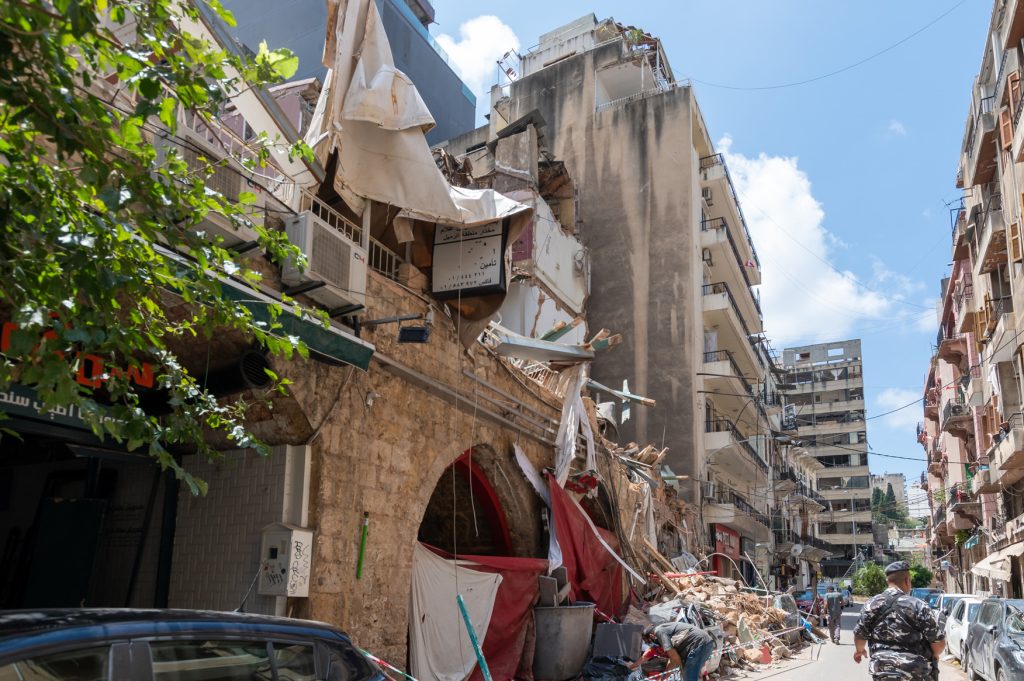
This disaster has moved more than one in Lebanon as well as around the world. It has aroused the reaction of many artists, writers, poets, singers, and even bloggers who have expressed, each in their own way, their support, and solidarity with people in Beirut.
